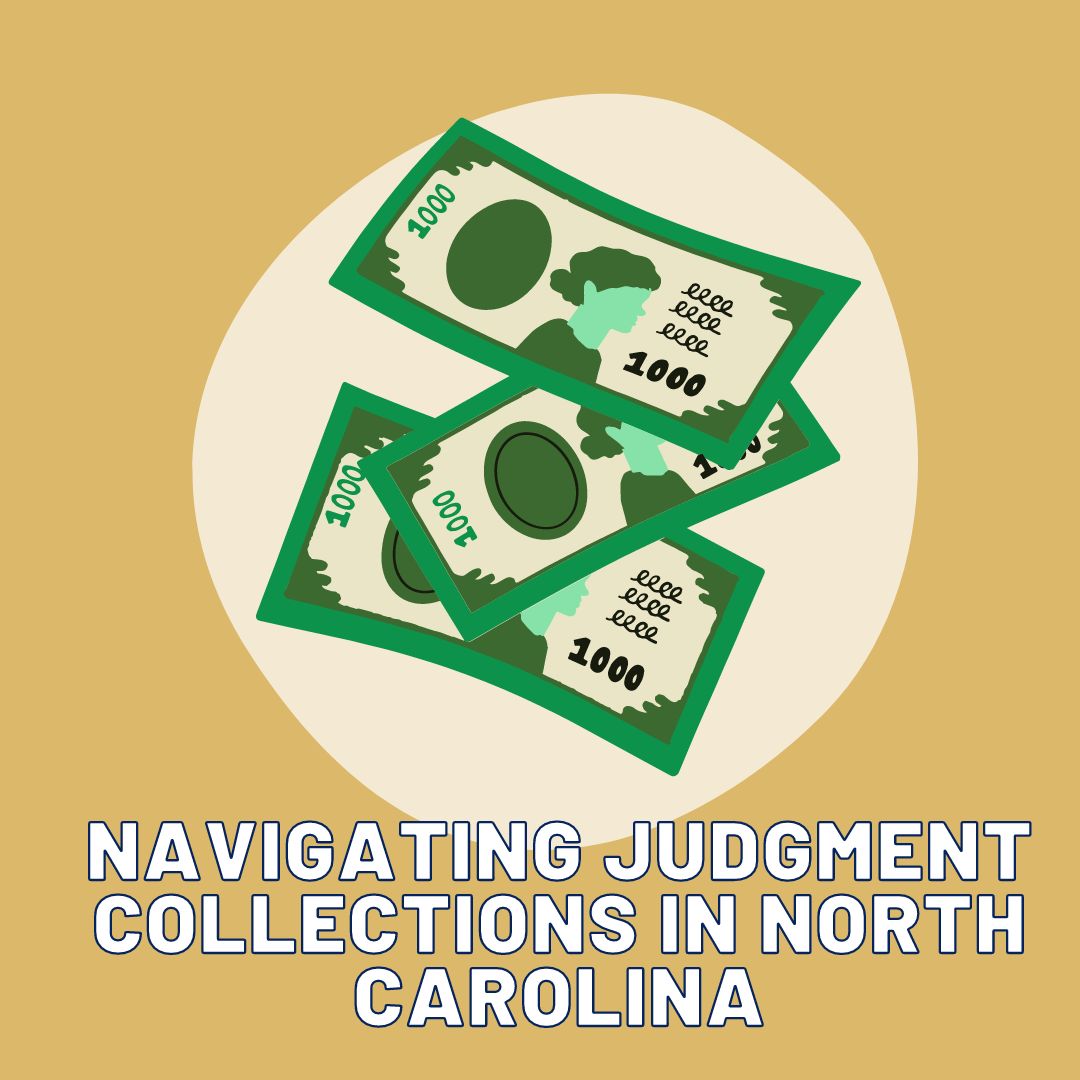
Obtaining a judgment in North Carolina is often just the first step in the legal process. While obtaining a judgment provides the right to funds owed, the real challenge lies in collecting the money owed. Unfortunately, many debtors don’t voluntarily fulfill their obligations. This article will guide you through the intricate process of judgment execution in North Carolina, providing insights into the steps involved and potential obstacles you may encounter.
The judgment execution process in North Carolina is a multifaceted procedure governed by specific statutes. It involves identifying the debtor’s assets, determining exemptions, and securing a writ of execution. Your local Sheriff also plays a crucial role in investigating the debtor’s property and conducting auctions to sell non-exempt assets. Understanding these steps is essential for maximizing your chances of recovering the owed amount – or as much as you are able to grab.
While the process may seem daunting, it’s important to be aware of the various tools available to collect on a judgment. Supplemental proceedings, such as interrogatories and examinations, can be employed to gather information about the debtor’s assets. Additionally, charging orders may be applicable for debtors with interests in limited liability companies; or even the appointment of a receiver to overtake control of a debtors’ finances. By understanding these options and working with legal professionals, you can increase your chances of successfully collecting on your judgment.
Here at Lord & Lindley, we can help lenders and creditors navigate judgment collections. If you have any questions regarding the judgment process, please call us at (704) 405-1010 to learn how we might assist you. For more information regarding our firm, attorneys, and practice areas, please visit our website at www.lordlindley.com.
